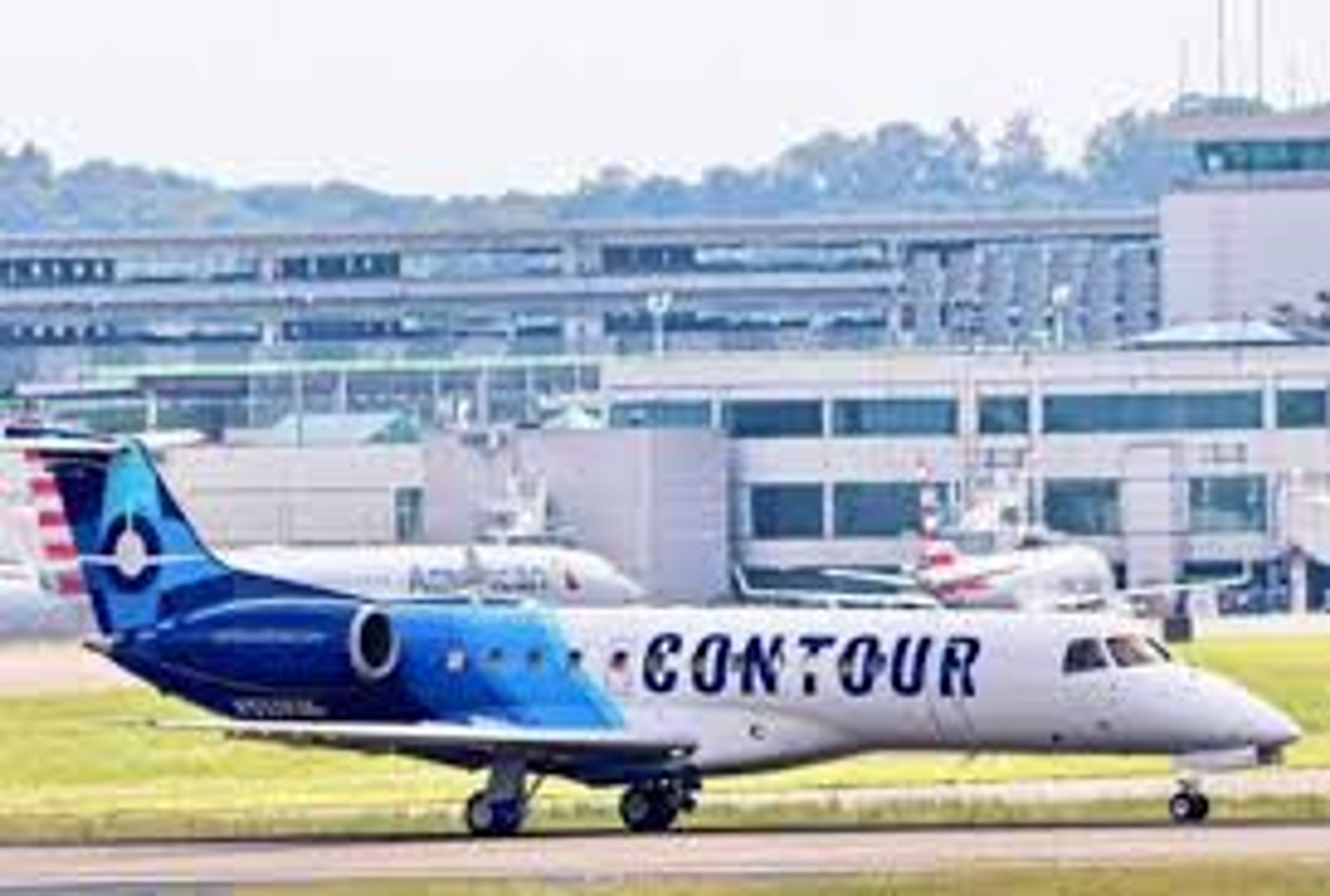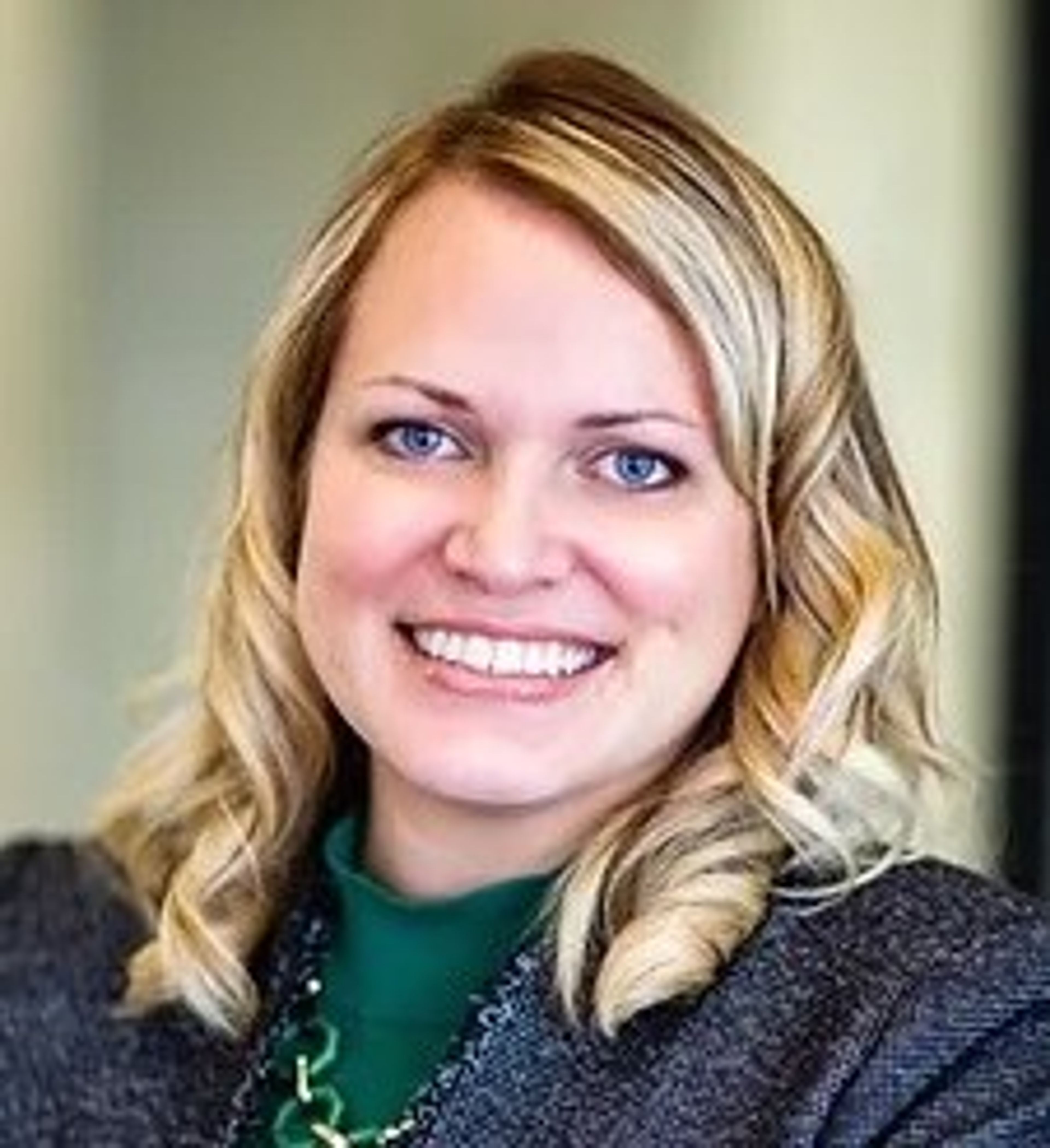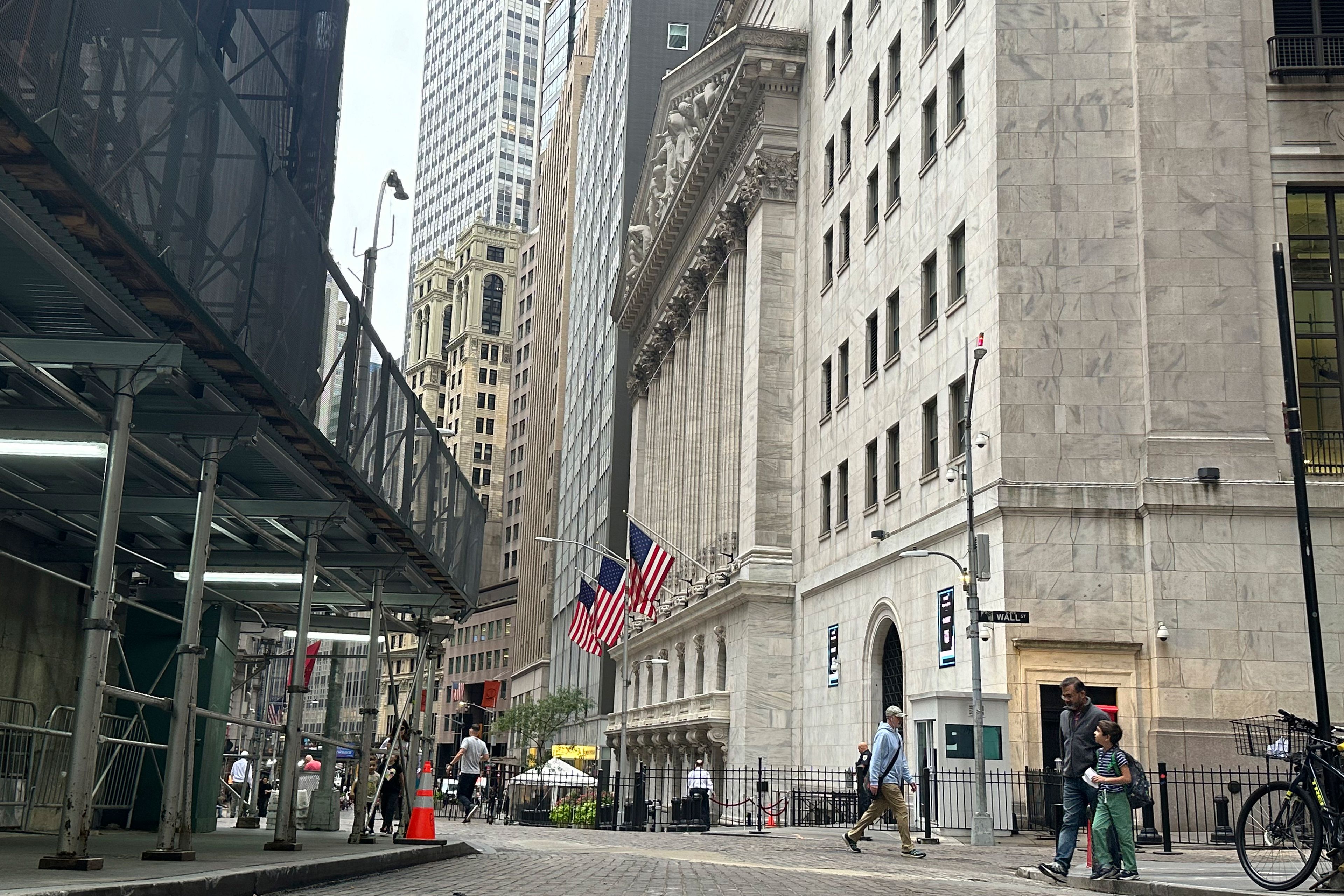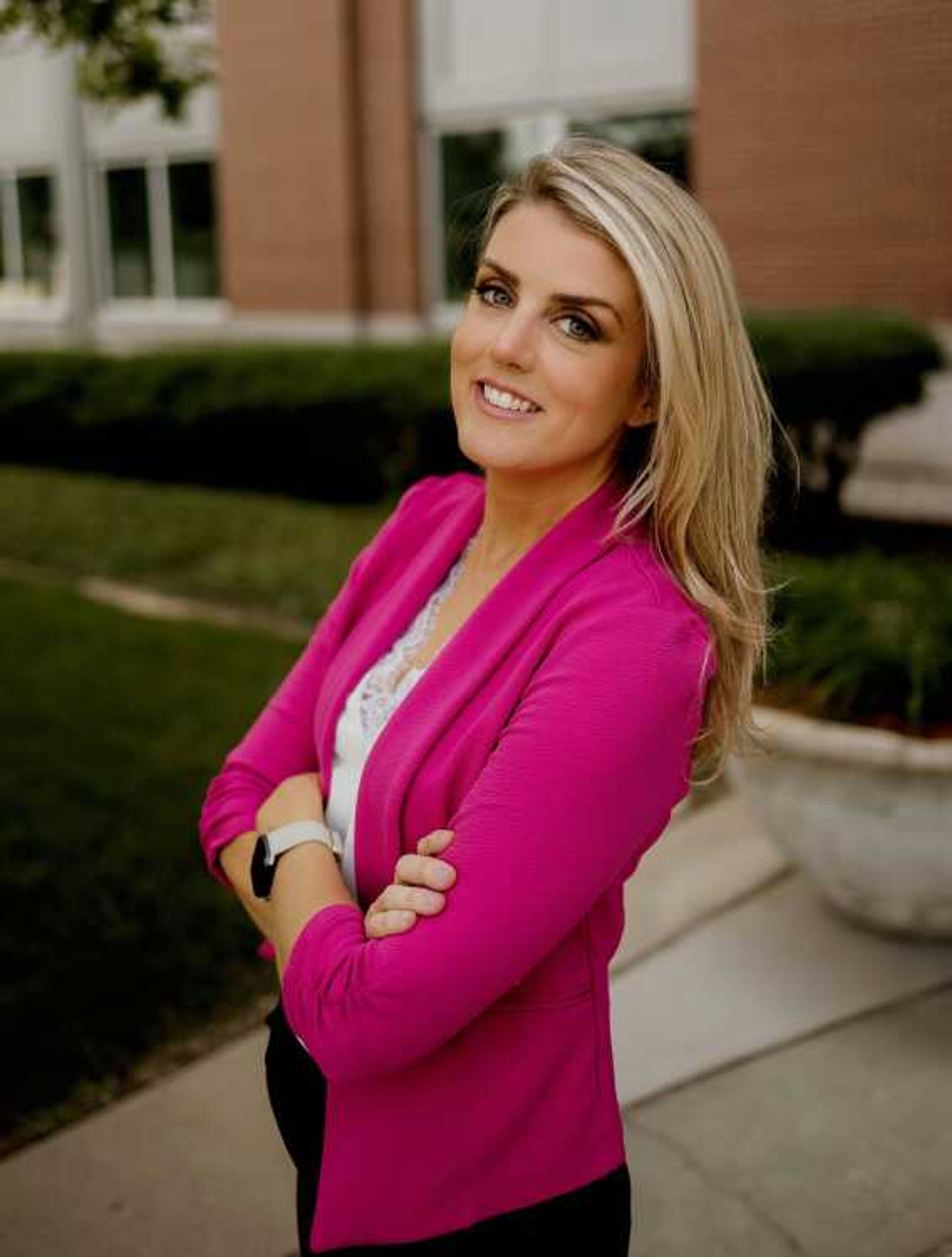By Forbes.com
Going to college
Average annual cost of a four-year private college: $26,070
Average time to get a degree (four-year private college): 55 months
Unemployment rate for bachelor-degree holders, 2001: 2.2 percent
Average income for full-time year-round workers with a bachelor's degree, 1997 to 1999: $52,200
Percentage of Forbes 400 members with college degrees: 66 percent
Average net worth of a Forbes 400 member with a college degree: $2.13 billion
Richest self-made Americans with a degree: Warren Buffett, University of Nebraska Lincoln, Bachelor of Arts/Science; Columbia, MBA, Net worth: $36 billion
Steven Ballmer, Harvard University, Bachelor of Arts/Science; Stanford University, MBA, dropout, net worth: $11.9 billion
John Kluge, Columbia University, Bachelor of Arts/Science, net worth: $10.5 billion
Not going to college
Unemployment rate for high-school graduates, 2001: 4.2 percent
Average income for full-time year-round workers with high-school degree, 1997 to 1999: $30,400
Percentage of Forbes 400 members without college degrees: 33 percent
Average net worth of a Forbes 400 member without college degree: $2.27 billion
Richest self-made Americans without a college degree: William H. Gates III, Harvard University, dropout, net worth: $43 billion
Paul Allen, Washington State University, dropout, net worth: $21 billion
Larry Ellison, University of Illinois, dropout, net worth: $15.2 billion
Michael Dell, University of Texas Austin, dropout, net worth: $11.2 billion
Dropping out of school gets a bad rap in America. Words like "slacker" and "directionless" are usually pinned on dropouts -- a word that itself is wrapped in stigma. But the list of the very richest Americans is filled with people who did not stick around long enough to get their college degree.
The idea behind attending college is to increase earnings potential down the road. But for Bill Gates, Michael Dell and Larry Ellison, the ivory tower was getting in the way of their making big bucks. So they quit.
John Kluge used his time at Columbia University to lay the financial groundwork for his business empire -- thanks to his out-of-class activities. America's 12th-richest man studied economics and nearly lost his scholarship after getting caught playing poker. By the time Kluge graduated, he had won $7,000 -- not bad for 1937. And we think that college grad Steve Ballmer is probably happy that he decided to forgo his MBA at Stanford to help Bill Gates get Microsoft off the ground.
Most of the numbers in the table above would indicate that staying in school helps people increase their financial success. But that conclusion is not necessarily true. Who's to say that if more of the county's brightest young people chose work experience over the pressure to attend an elite (and expensive) university that they -- and the world -- would not be richer? This microcosm of America's wealthiest would indeed prove that to be the case: The average net worth of Forbes 400 members without a college degree is 6.6 percent higher than members with a degree.
Connect with the Southeast Missourian Newsroom:
For corrections to this story or other insights for the editor, click here. To submit a letter to the editor, click here. To learn about the Southeast Missourian’s AI Policy, click here.








